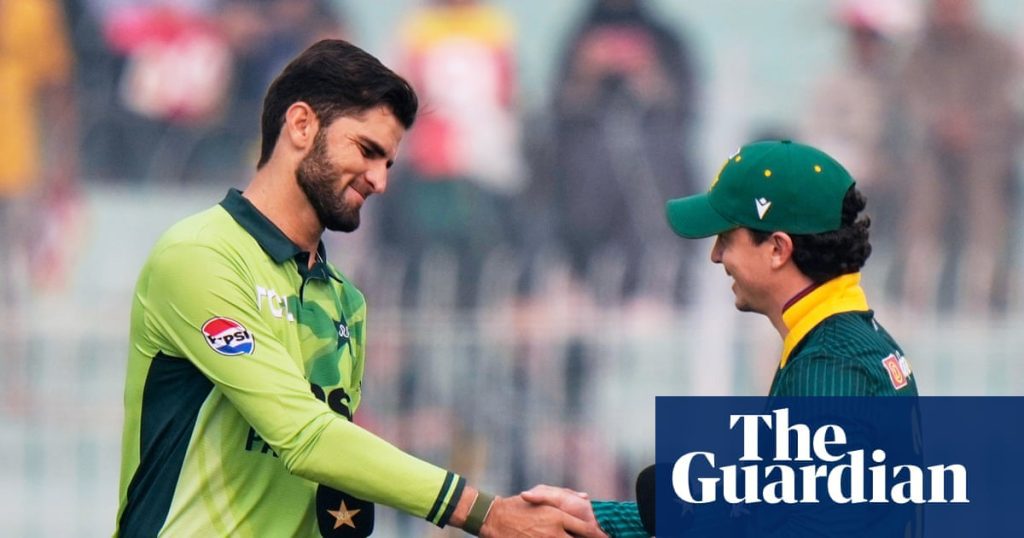Pakistan has appointed a new captain, which draws a response akin to hearing that Watford has once again changed managers. Surprising? Not really. Shaheen Afridi, the left-arm fast bowler who now leads the 50-over team, was dismissed from his role as T20 captain last year after just one series.
The volatility of Pakistani cricket is nothing new. Looking back 15 years reveals a spot-fixing scandal that imprisoned three top players, occurring during a time when the country was barred from hosting international matches—an exile triggered by a terrorist attack on the Sri Lankan team in Lahore. Incredibly, amidst this turmoil, Pakistan managed to secure a World Cup victory.
However, the instability has become particularly alarming since the men’s team reached the T20 World Cup final in Australia three years ago. There have been five full-time captains, ten head coaches, and numerous selectors, alongside four chairmen of the Pakistan Cricket Board. The current chairman, Mohsin Naqvi, has urged for a separation of sports and politics amidst tensions with India during the Asia Cup, even as he holds the title of the country’s interior minister.
The frequent changes have led to disappointing results. The red-ball team finished last in the latest World Test Championship, while the white-ball teams have failed to progress beyond the group stages in their last three global tournaments. Despite Babar Azam’s impressive batting, he hasn’t scored an international century in over two years. The emergence of a new, promising fast bowler has also been conspicuously absent.
The recently concluded Women’s World Cup saw Pakistan finish last, impacted by geopolitical issues and poor organization from the International Cricket Council. Suffering from multiple washouts during their matches in the rainy Colombo, Pakistan could only witness their other four losses while teams like India played elsewhere. Plans for a domestic women’s T20 league have dwindled from an ambitious 13-match tournament to mere exhibition games, highlighting an opportunity wasted amidst administrative chaos.
The ongoing cross-border relationship with India has detrimental effects on international cricket. The Champions Trophy held this year marked Pakistan’s first major tournament hosting in 29 years, yet India’s refusal to travel resulted in Pakistan’s matches being shifted to Dubai, where India capitalized and ultimately won. Meanwhile, Pakistani players remain excluded from the Indian Premier League, a situation that hinders their development, particularly as other franchises continue to expand.
Despite these challenges, there is a potential path to redemption through international competition. Pakistan aims to prepare for their upcoming Tests against England next summer and has adjusted their playing conditions at home after past defeats. Recent matches have highlighted unexpected performers, such as 39-year-old Noman Ali and debutant 38-year-old Asif Afridi, both proving crucial for their side. While progress remains uncertain due to PCB’s instability, there lies a feasible journey toward a successful cricketing future.
This is an extract from the Guardian’s weekly cricket email, The Spin. To subscribe, just visit this page and follow the instructions.



